
Health & Fitness
Rapper writes verse to say thank you to Clatterbridge Cancer Centre for saving his sight
4 years ago
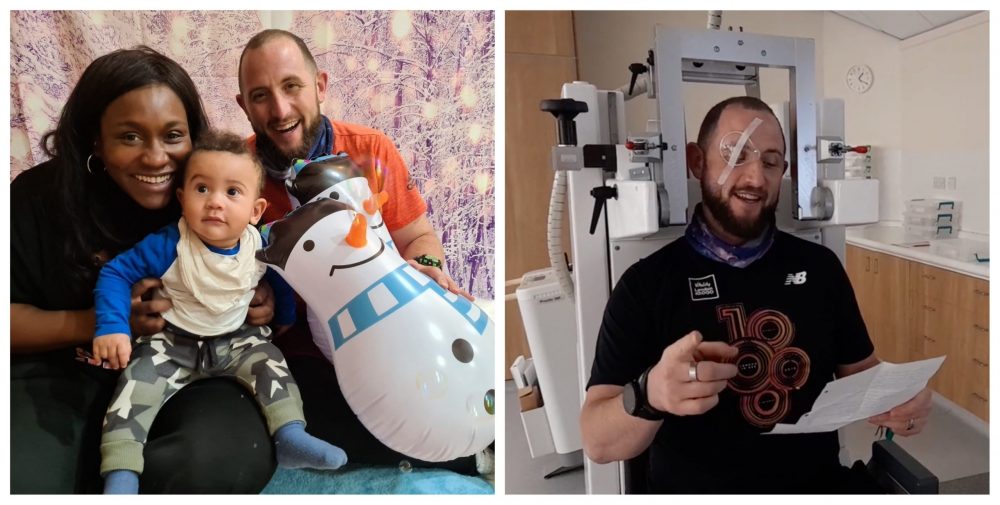
A father-of-one being treated for a rare form of eye cancer has used his talent for rapping to say thank you to the team who saved his sight.
Oli Polidore-Perrins, 39, from London was treated at The National Centre for Eye Proton Therapy at The Clatterbridge Cancer Centre, for a malignant melanoma in his right eye.
Oli surprised his clinical team, performing the poem he entitled ‘Rumour in the Sky’, in the room where his treatment was administered, still wearing his protective eye patch.
Proton therapy is a special type of radiotherapy which involves precisely targeting the tiny tumour, keeping damage to the surrounding healthy cells to a minimum. It is delivered using a machine called a cyclotron which accelerates the protons to the energy needed to travel into tissue.
The Clatterbridge Cancer Centre NHS Foundation Trust is the only centre in the country to offer proton therapy for the treatment of eye cancer.
Oli, his wife Sherma and their nine-month-old son Xzavier, spent a week on the Wirral with Oli receiving daily treatment. He is a keen rapper and poet, having made three albums semi-professionally under the name Solo Cypher. Oli, who works with children with learning disabilities as a Special Needs Coordinator for an adventure playground, has also taken his talent for rap and poetry on the road, performing at schools around the country with a theatre company.
Oli says: “I was fascinated with the technology of proton therapy and the process involved in my treatment. That interest, coupled with the fact that being treated for eye cancer is quite a surreal experience anyway, inspired me to put some lyrics together.
“Whilst my passion is rap, I felt the situation leant itself more to a poem. It’s something I’ve done for years, after me and some friends began performing at rap nights during our university days,” he explains.
Oli’s cancer was diagnosed after he noticed a strange area in his vision whilst meditating and running. A keen health enthusiast, Oli had a session in a floatation tank to aid his meditation. He said: “After an hour in a dark tank, you would expect your vision to play tricks on you once you get out. But I noticed a particularly worrying area in the corner of my right eye.”

When he experienced the same visual impairment whilst out running one day, Oli immediately booked an appointment with his optician, who confirmed there was something suspicious at the back of his eye.
Tests revealed the cancerous tumour, known as a malignant melanoma. Whilst the term melanoma is often more commonly associated with skin cancer, it can occur in any cells that produce melanin – the skin’s natural pigment – which can include cells within the eye.
Oli said: “I’m really grateful to the team from The Clatterbridge Cancer Centre and feel lucky to have been able to have proton treatment – I may have lost my eye all together if it hadn’t been available. They really looked after me and made a very weird experience a lot more bearable.”
Oli has told his story ahead of World Cancer Day on Friday 4th February, a day aiming to unite the cancer community and promote greater equality of care for everyone who needs it.
Linda Mortimer, Principal Clinical Scientist for proton therapy at The Clatterbridge Cancer Centre NHS Foundation Trust said:
“Our centre has treated over 4,200 patients with proton therapy, who range in age from 7 to 93 years old! Our patients come from all over the UK and Ireland, sometimes from the opposite side of the world. Our treatment is available to everyone who is eligible – regardless of where they live, their age, gender or ethnicity.
“What makes proton therapy so unique is the depth that protons travel in tissue can be precisely controlled. The protons from our cyclotron can reach a maximum depth of just 30mm – just perfect to treat eyes!

“Each treatment is tailor-made for the individual – we control the shape and depth of the radiation field to treat the size and shape of each tumour, while minimising damage to normal tissue.
“Oli’s amazing poem is a testament to the complex treatment that is proton therapy; he seemed as fascinated by the technology as me and my team are and it was a pleasure to be able to offer him this treatment.”


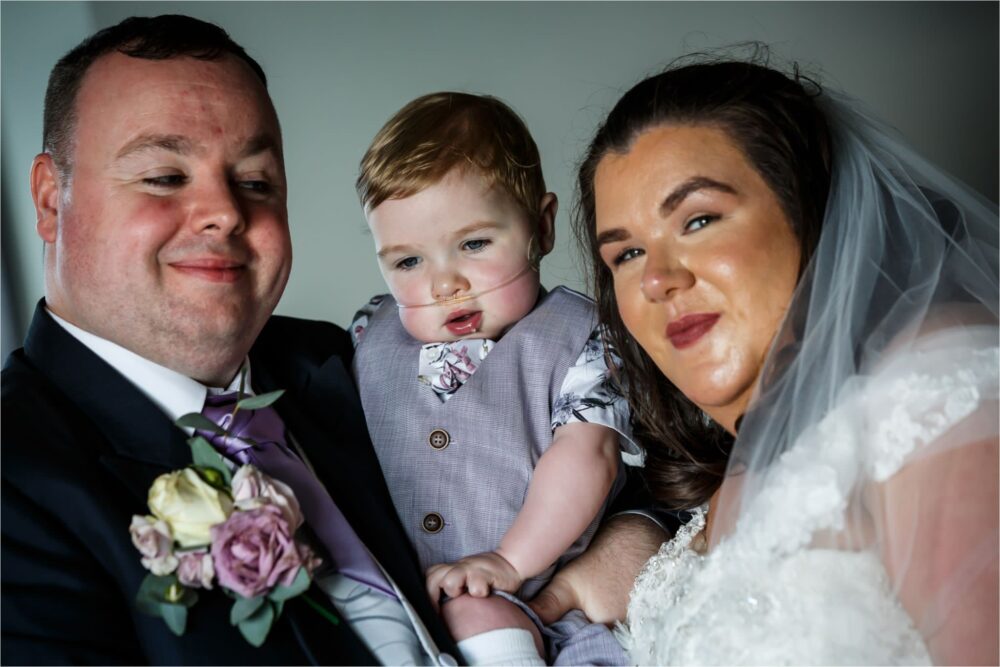
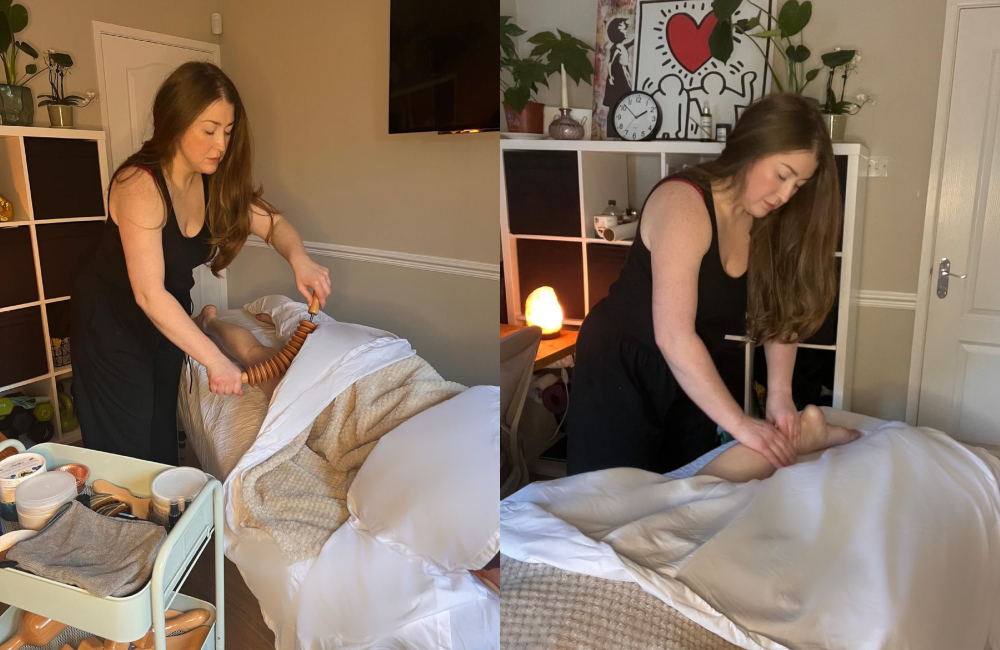

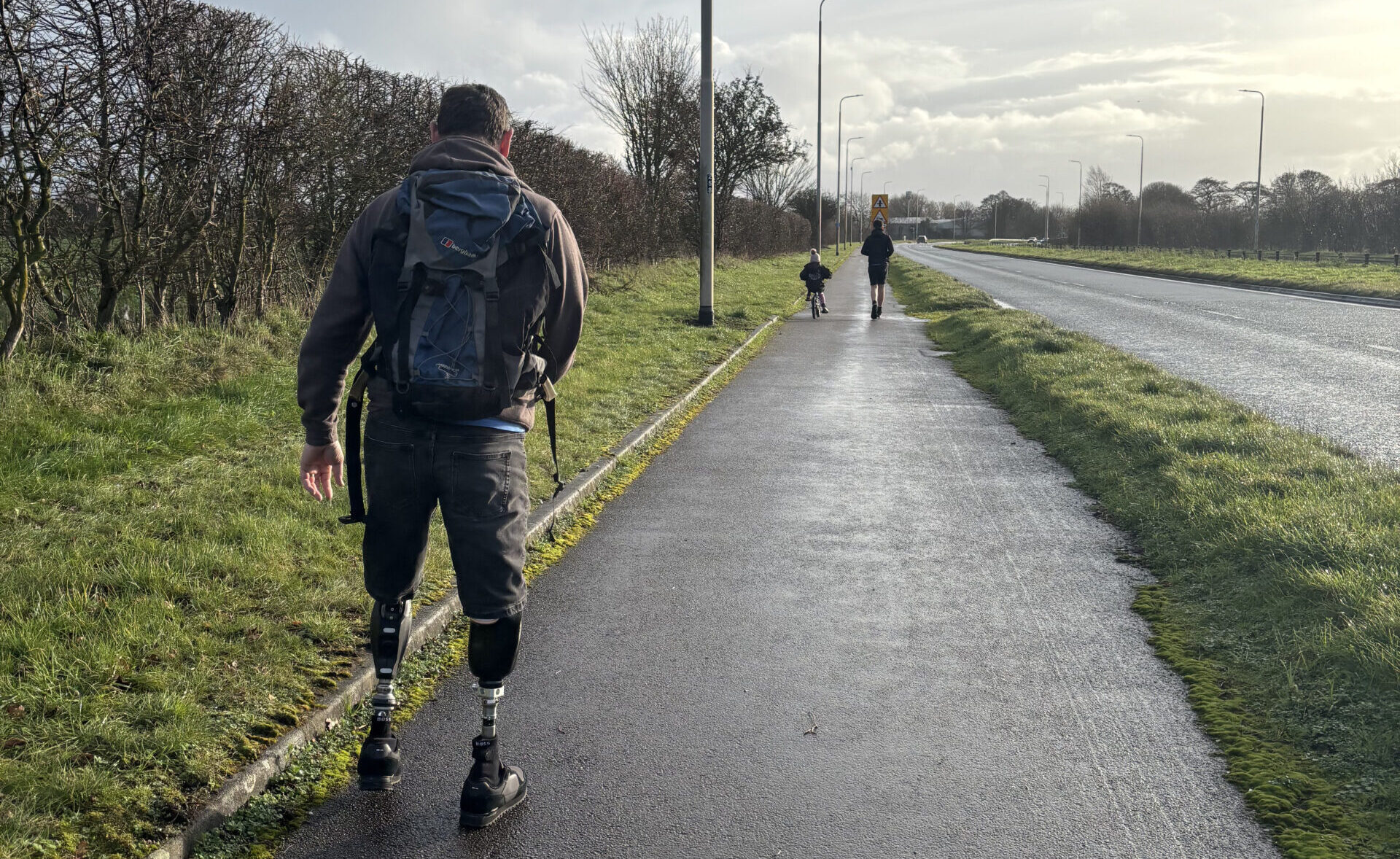


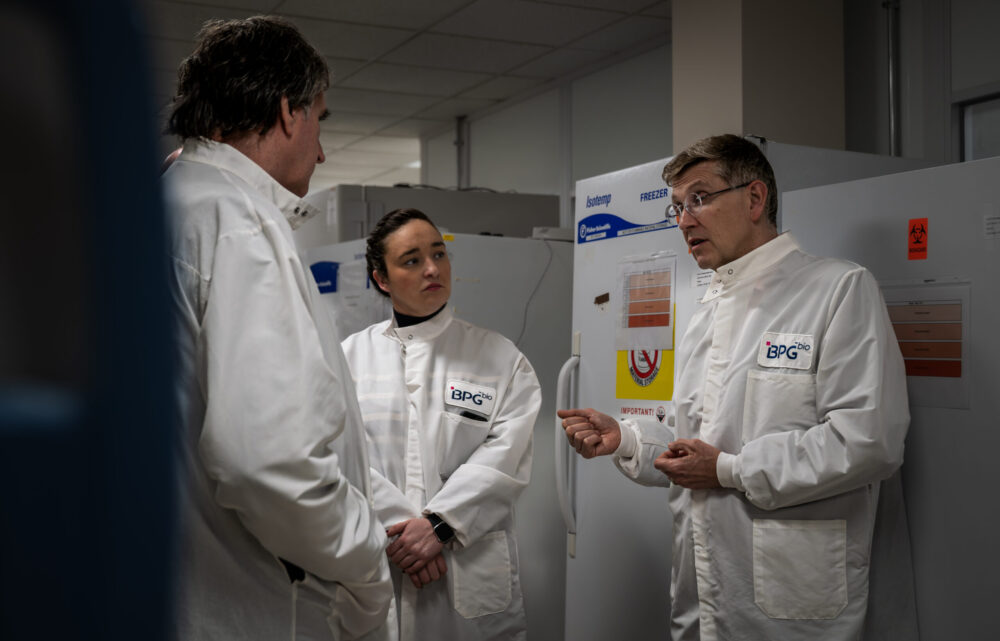

 Subscribe
Subscribe Follow Us
Follow Us Follow Us
Follow Us Follow Us
Follow Us Follow Us
Follow Us Follow Us
Follow Us











